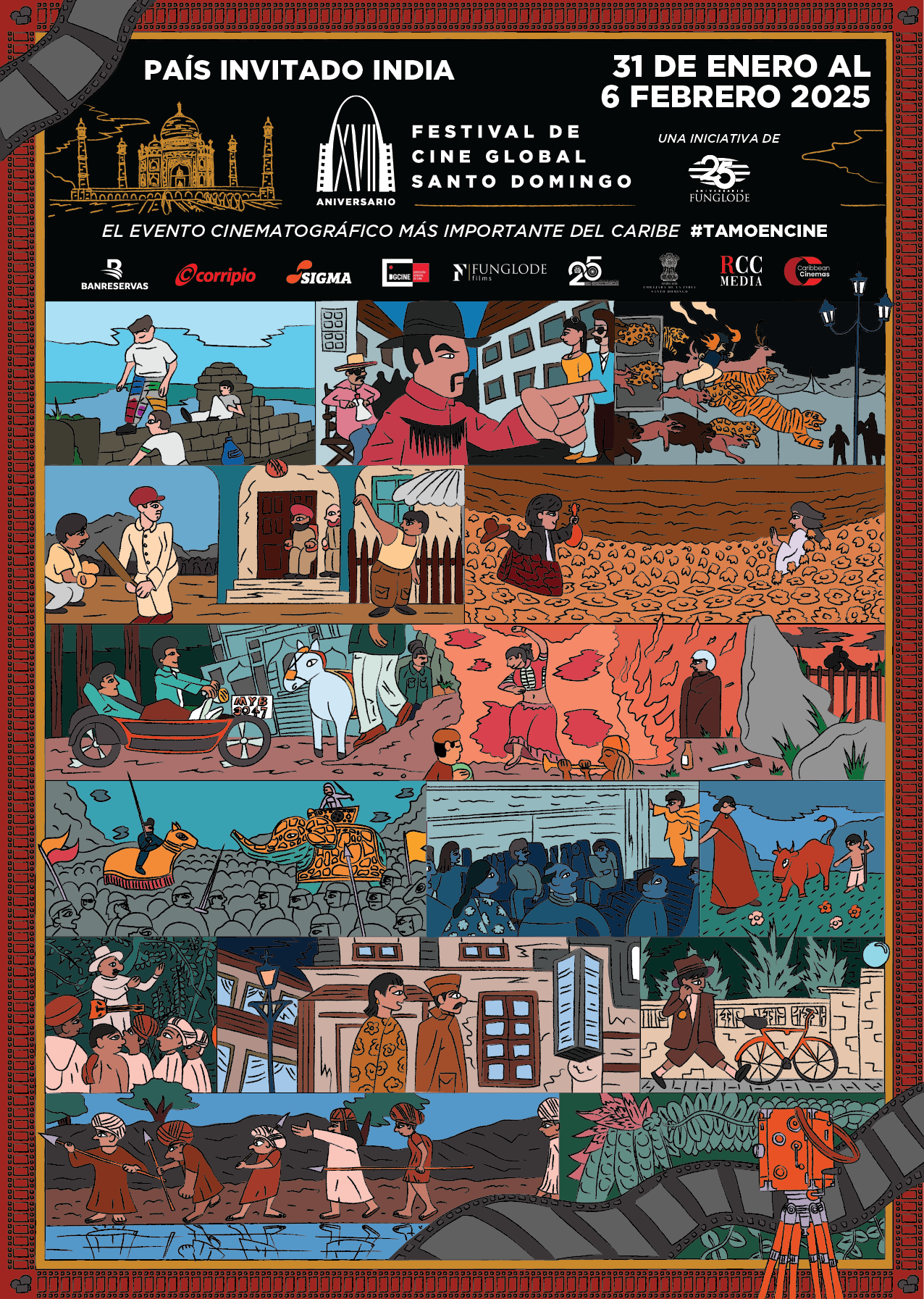Third Roundatable: Tunisia Ambassador: His Excellency Ghazi Jomaa Permanent Representative of Tunisia to the United Nations
| Global Roundtable>Tunisia | ||
 | Third Roundatable: Tunisia Ambassador: His Excellency Ghazi Jomaa Permanent Representative of Tunisia to the United Nations Tunisia: Home of the ancient city of Carthage, the country has long been an important player in the Mediterranean, placed as it is in the centre of North Africa, close to vital shipping routes. Ambassador Jomaa will discuss Tunisia’s progress in relation to the UN Millennium Development Goal’s and other pressing international and development topics affecting the country… In their time, the Romans, Arabs, Ottoman Turks and French realized its strategic significance, making it a hub for control over the region. Tunisia has a diverse economy, with important agricultural, mining, tourism, and manufacturing sectors. Governmental control of economic affairs while still heavy has gradually lessened over the past decade with increasing privatization, simplification of the tax structure, and a prudent approach to debt. Progressive social policies also have helped raise living conditions in Tunisia relative to the region. Real growth, which averaged almost 5% over the past decade, declined to 4.6% in 2008 and to 3-4% in 2009-10 because of economic contraction and slowing of import demand in Europe – Tunisia’s largest export market. However, development of non-textile manufacturing, a recovery in agricultural production, and strong growth in the services sector somewhat mitigated the economic effect of slowing exports. Tunisia will need to reach even higher growth levels to create sufficient employment opportunities for an already large number of unemployed as well as the growing population of university graduates. Topic: Ambassador Jomaa will discuss Tunisia’s progress in relation to the UN Millennium Development Goal’s and other pressing international and development topics affecting the country such as; new government, economy, tourism, environment and gender rights. Location: GFDD office in NY Time: 1:00 PM Date: March 21, 2011
| |

Related News
-

(Versión en español) MINC realiza el evento "Enamórate del Arte y la Cultura" en Los Alcarrizos
-

(Versión en español) InspireDR celebra una década de impacto con “La Fiesta 10” en Cabarete
-

(Versión en español) Organización “Juventud Hablemos” de la Universidad de Columbia y la GFDD copatrocinan a casa llena evento sobre “La evolución de la democracia en la República Dominicana”
-

(Versión en español) Realizan premiere del documental “El Padrino II: 50 años y su filmación en República Dominicana”
-

Actividad #1
Dónde:: Complejo Acuático Del Centro Olímpico Juan Pablo Duarte.
Días: 28 y 29 de noviembre 2016.
Precios: RD$1,1000.00 VIP, RD$600.00 gradas.

